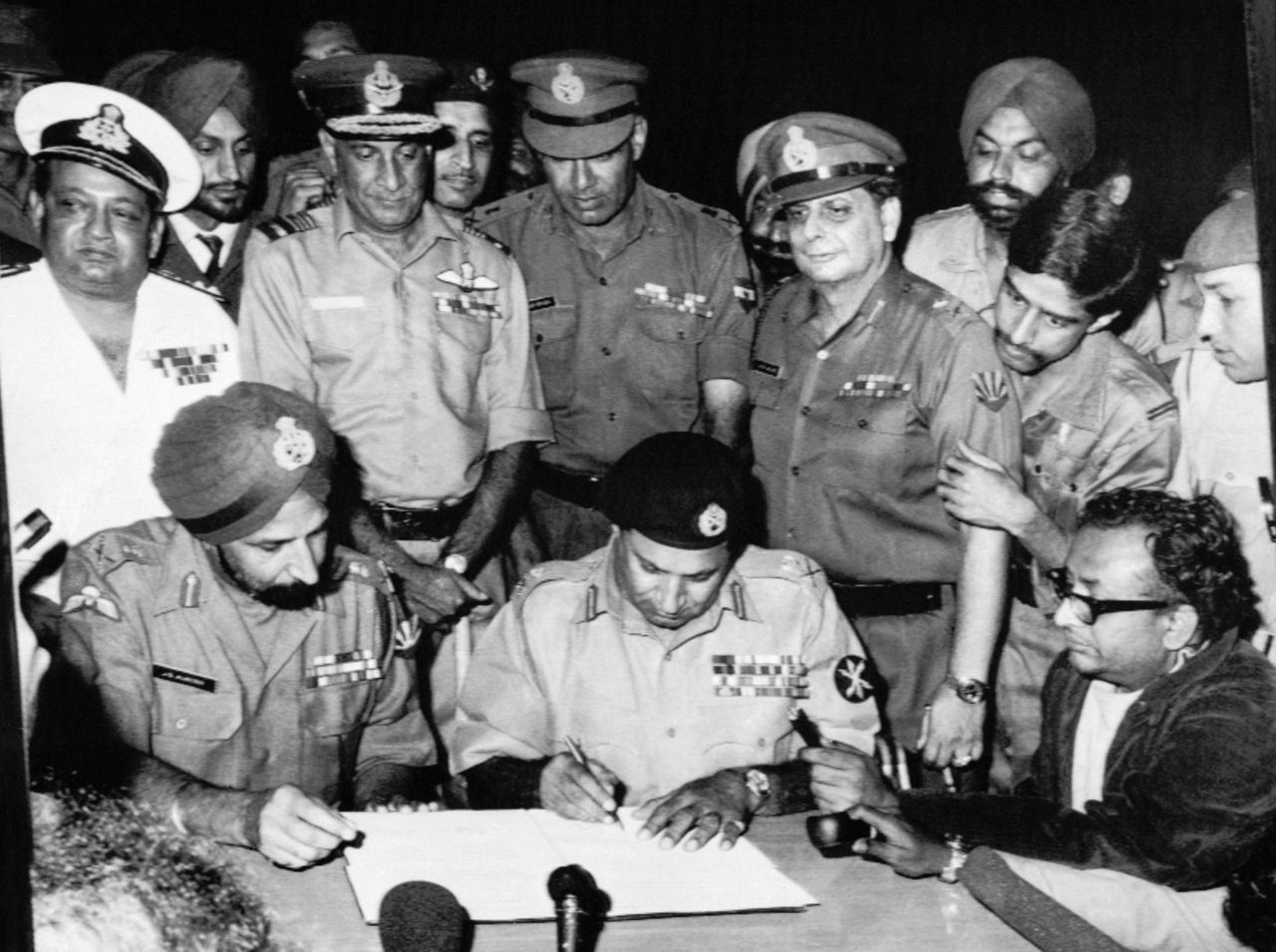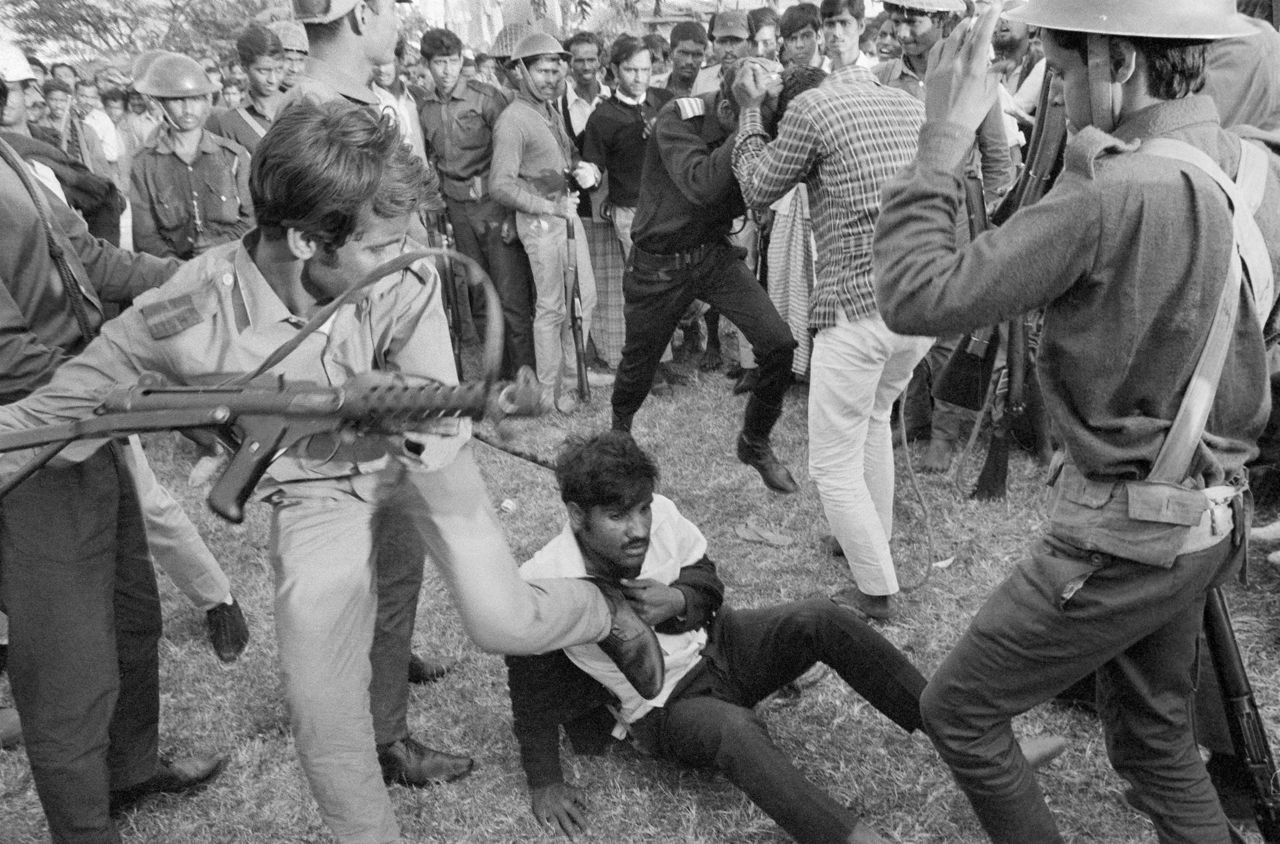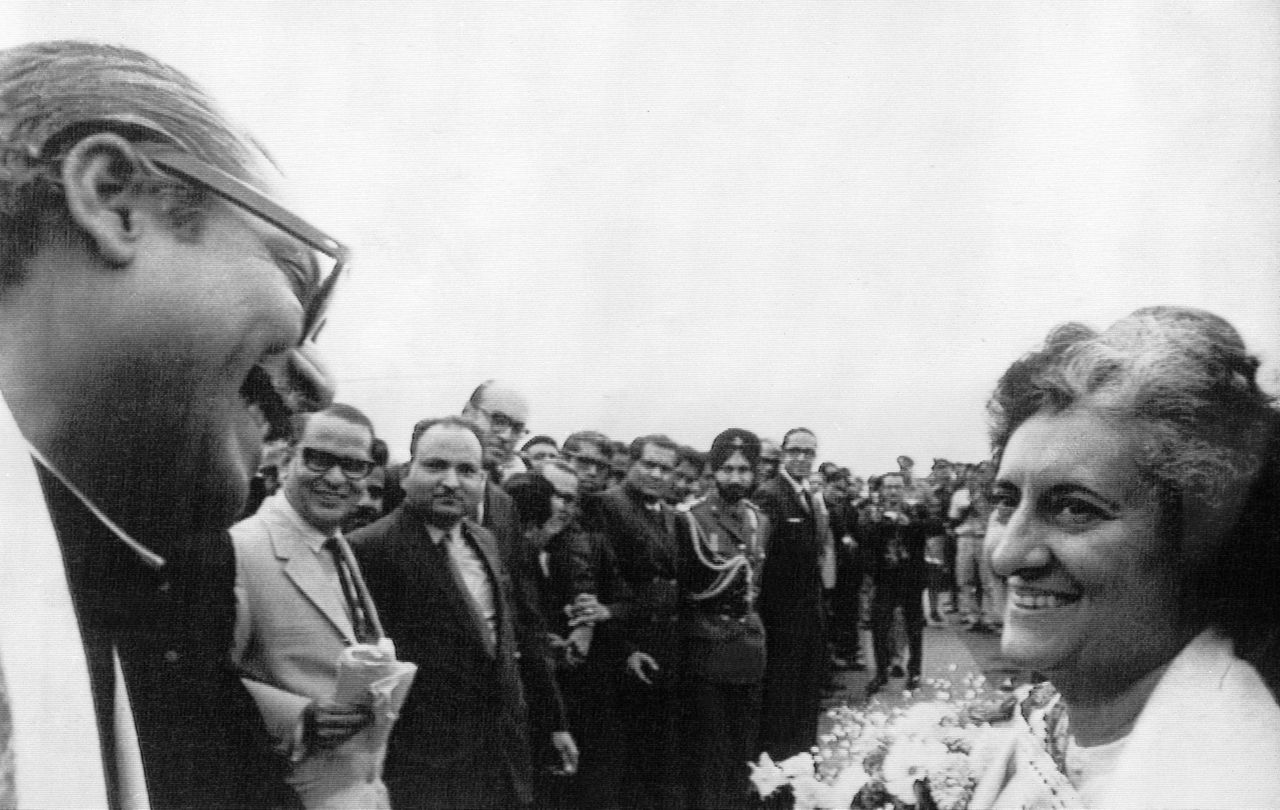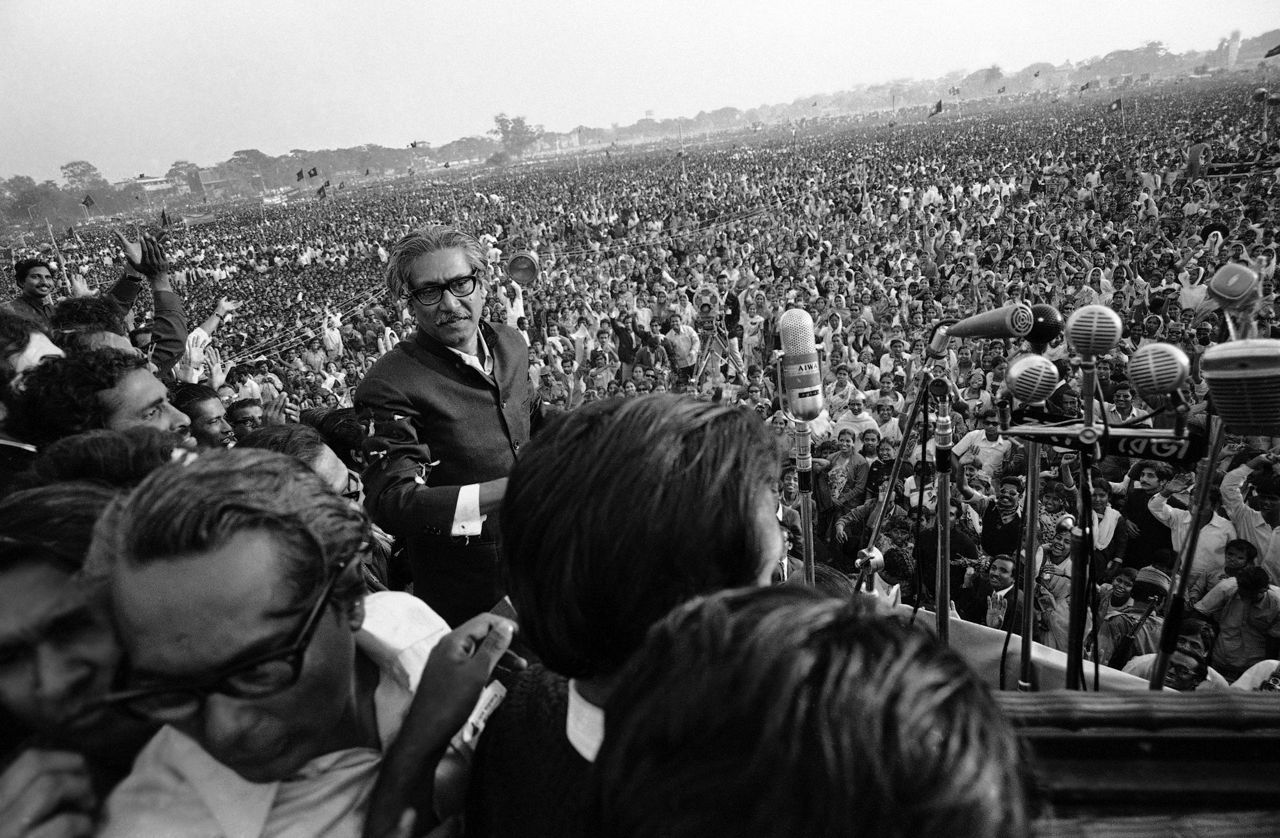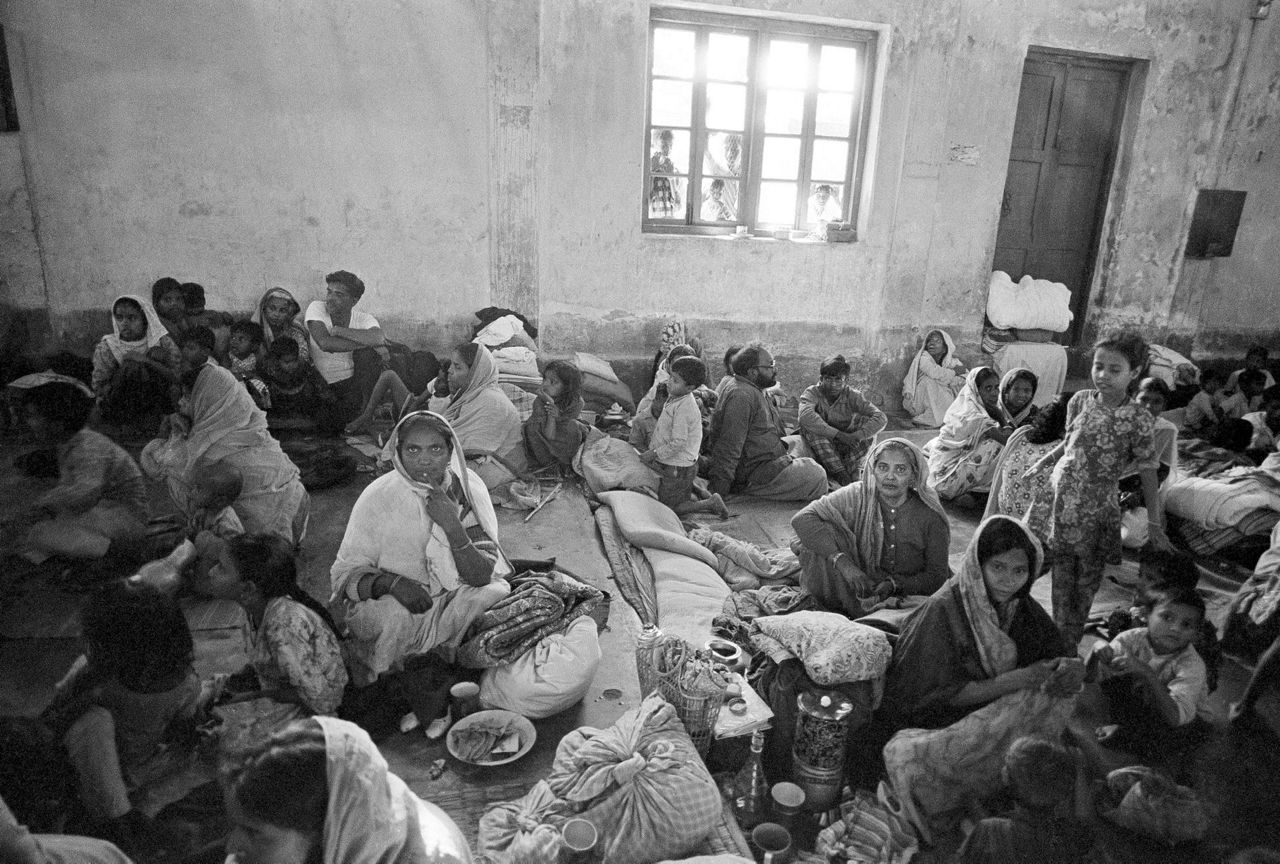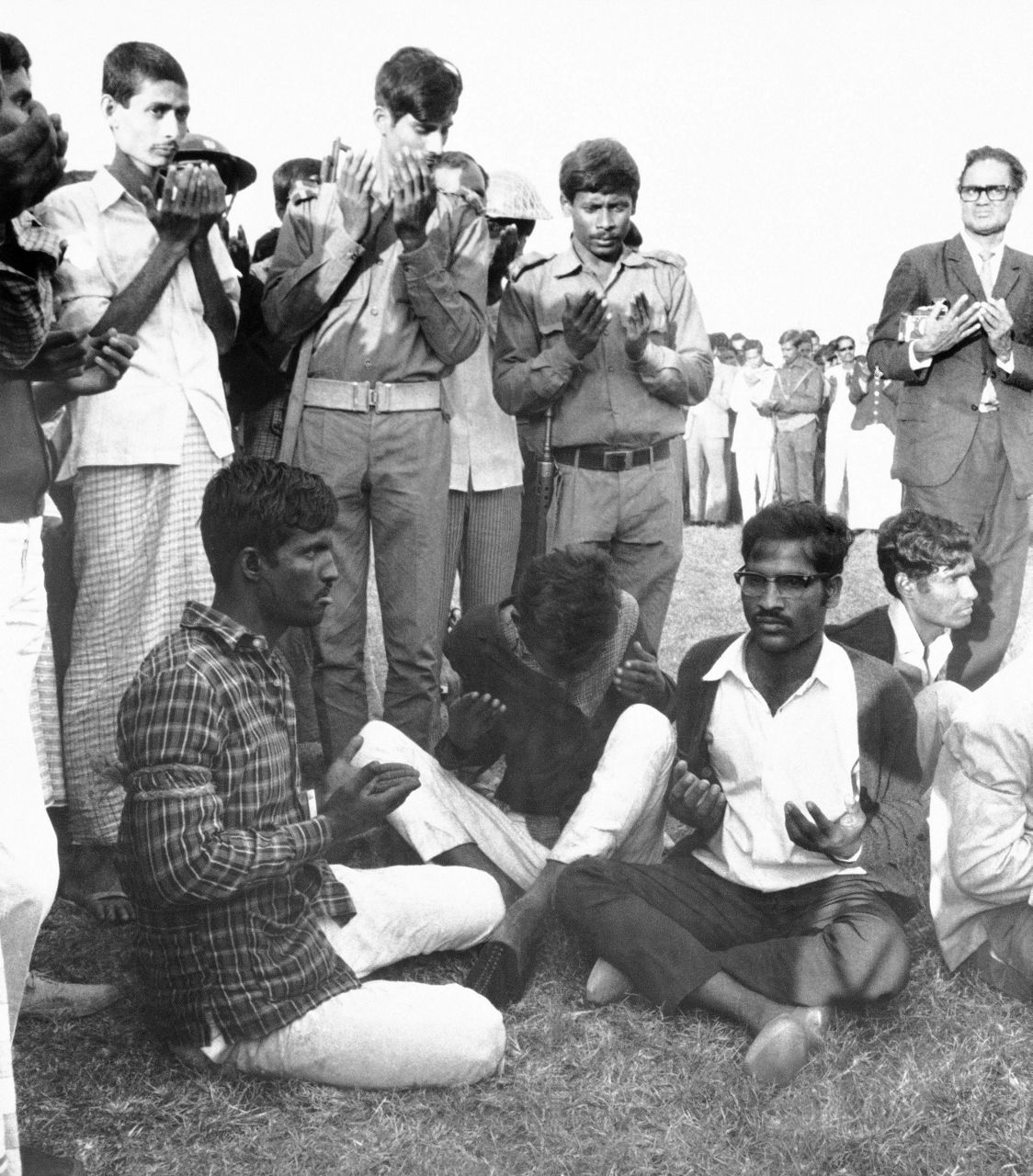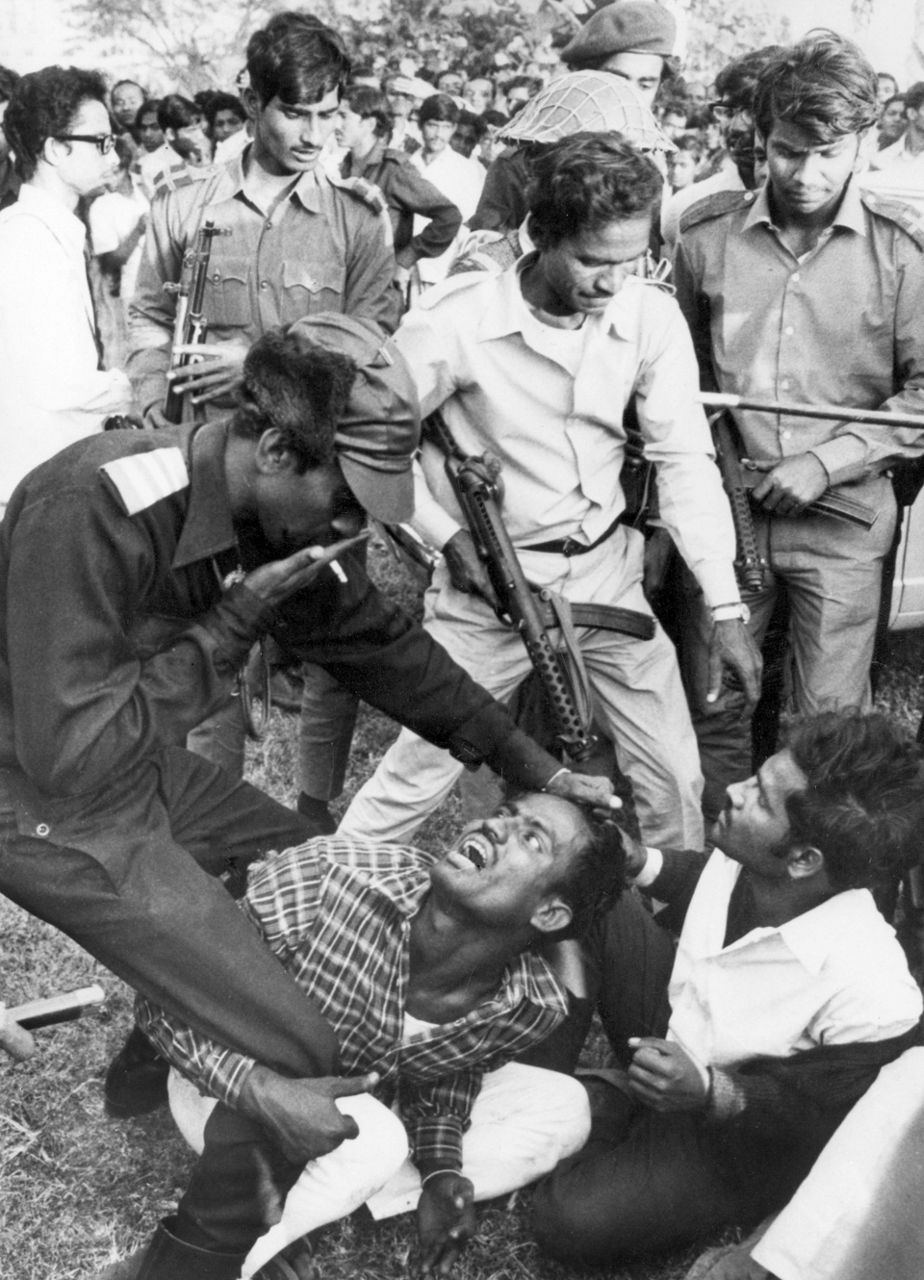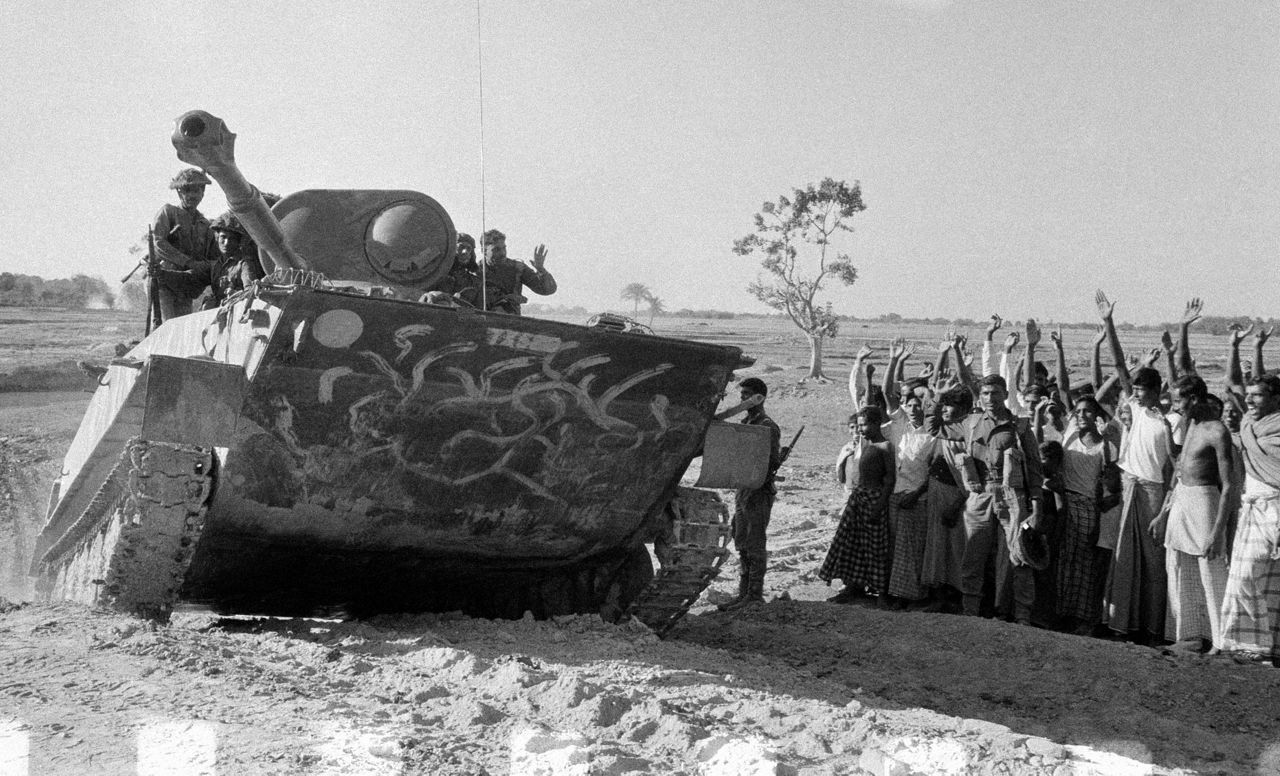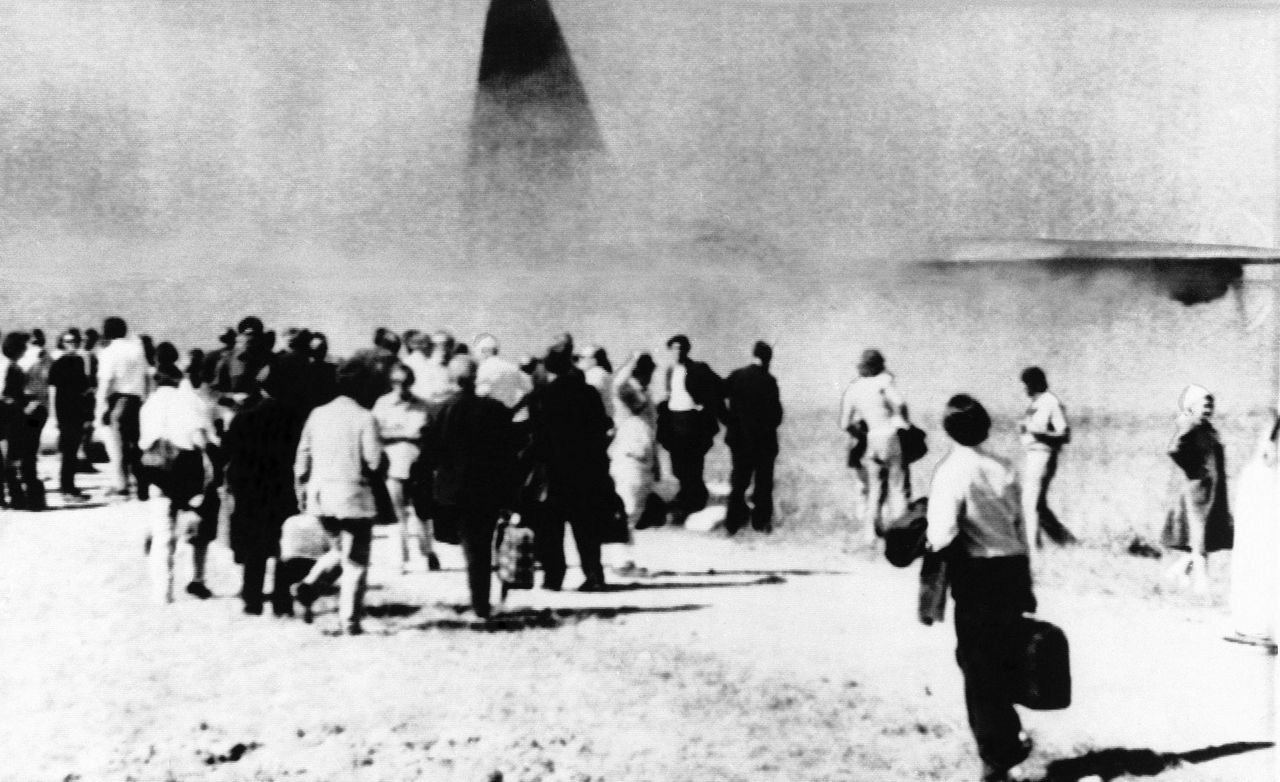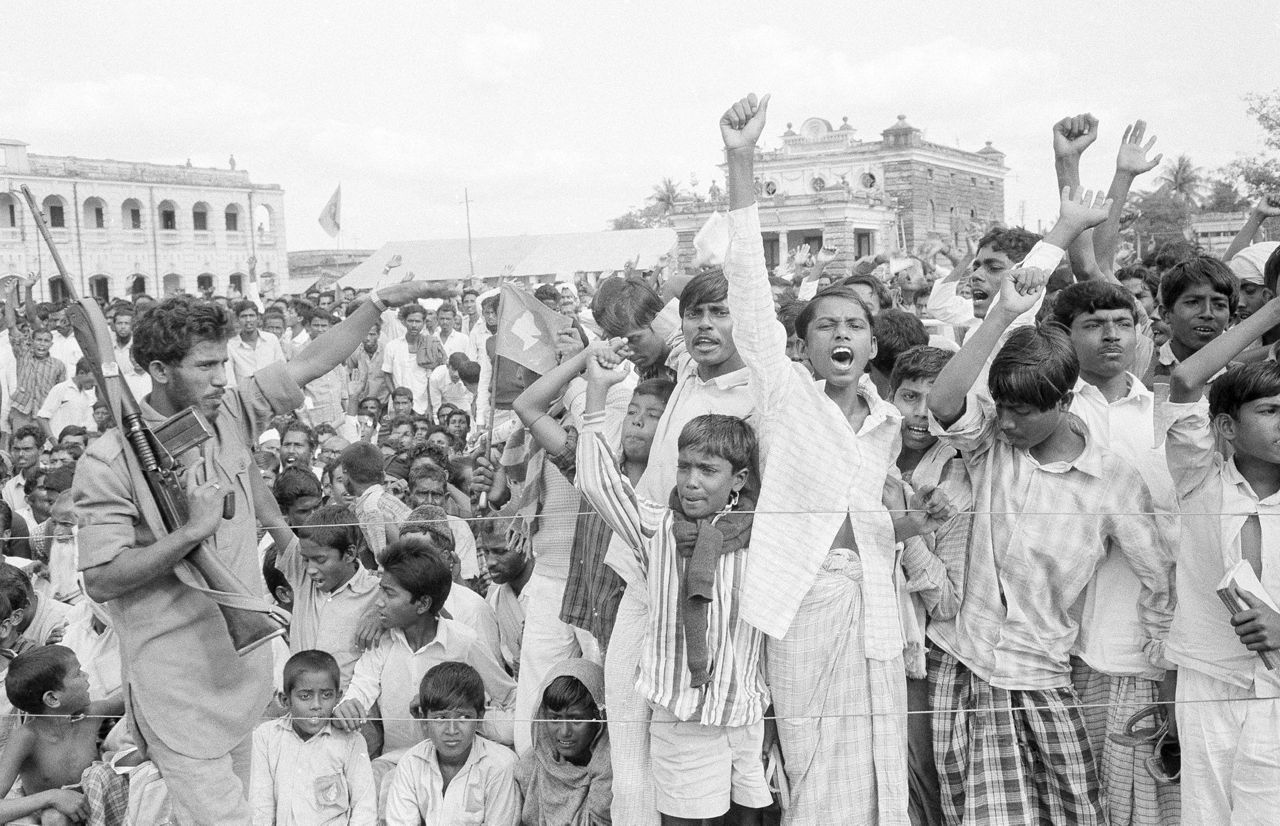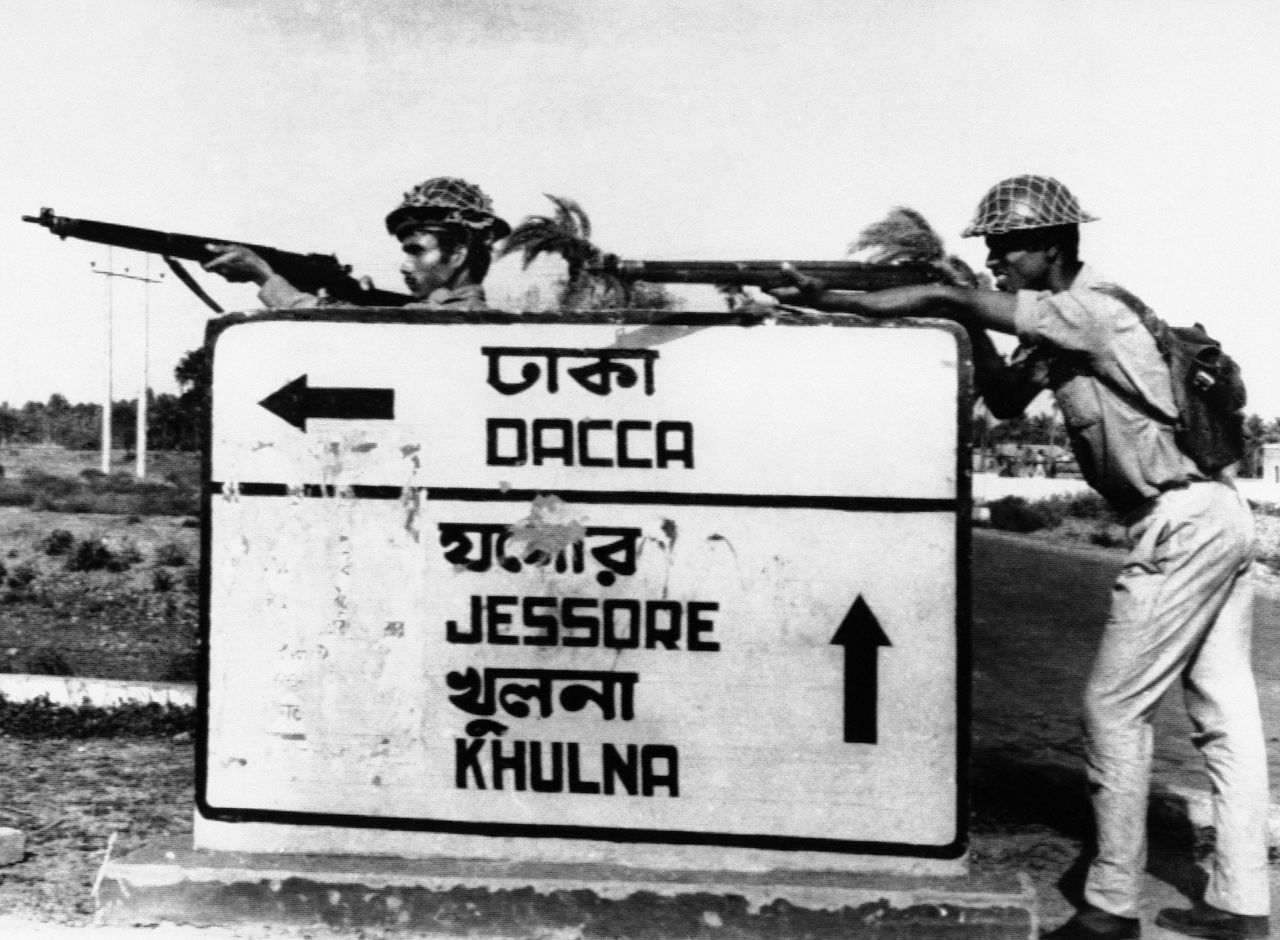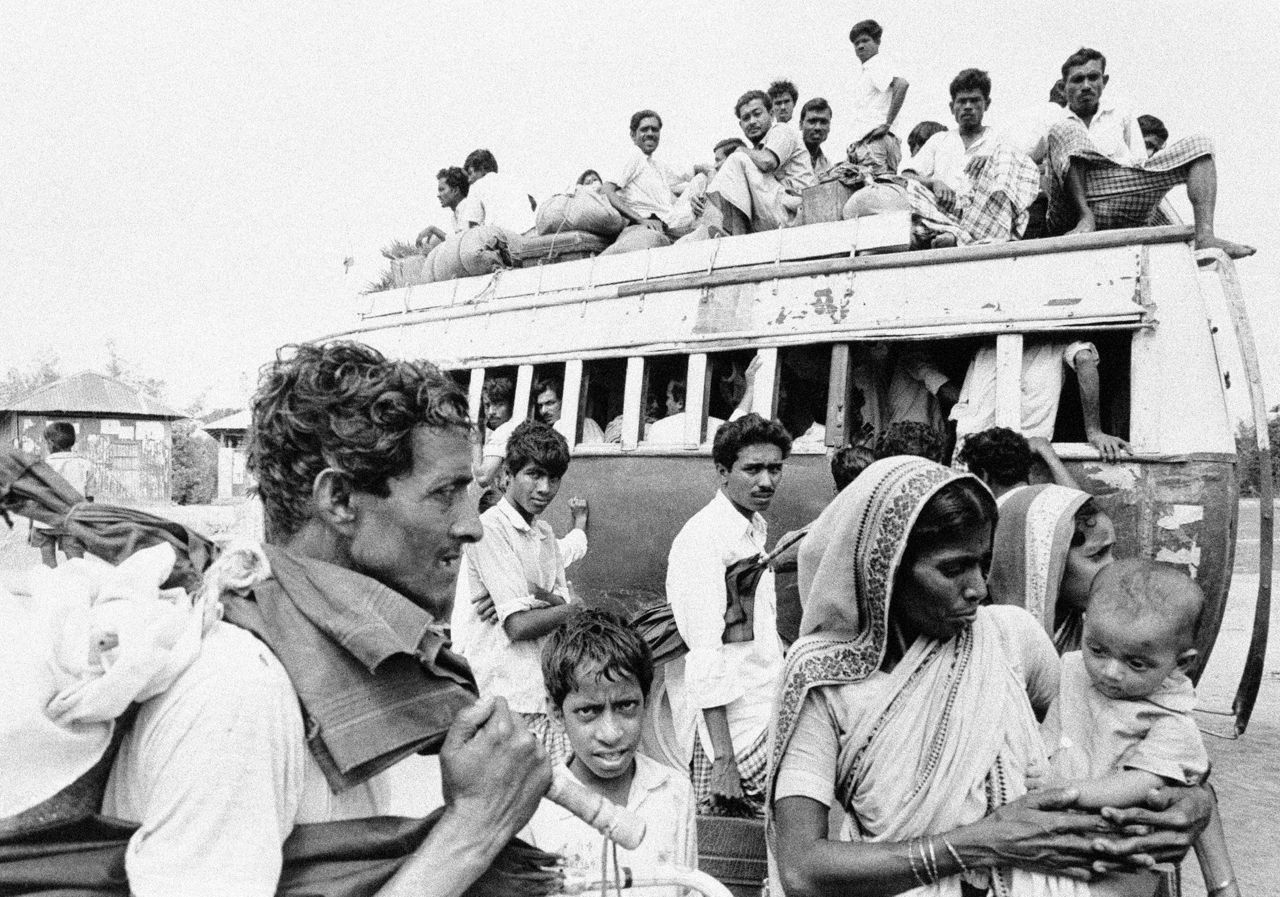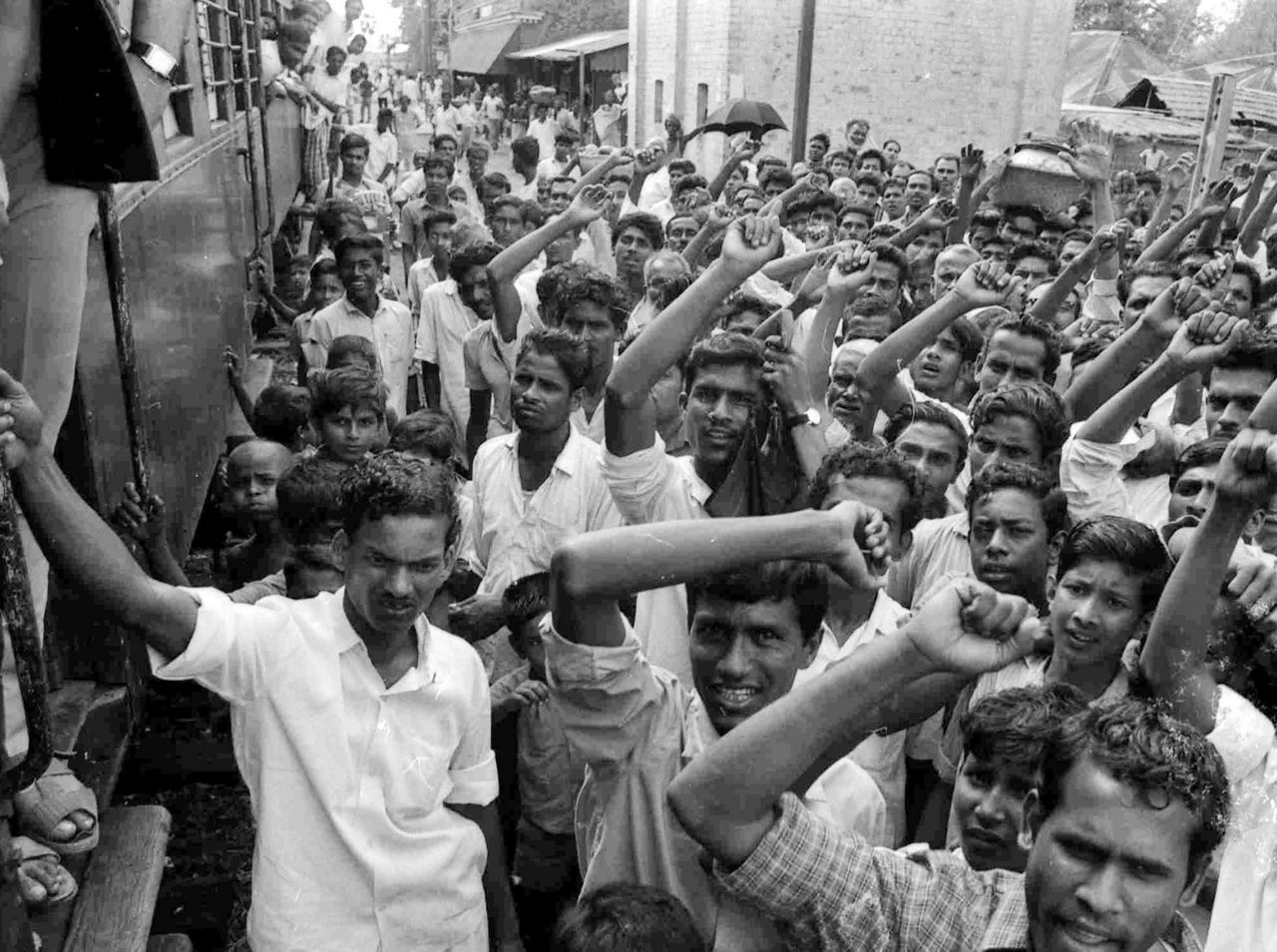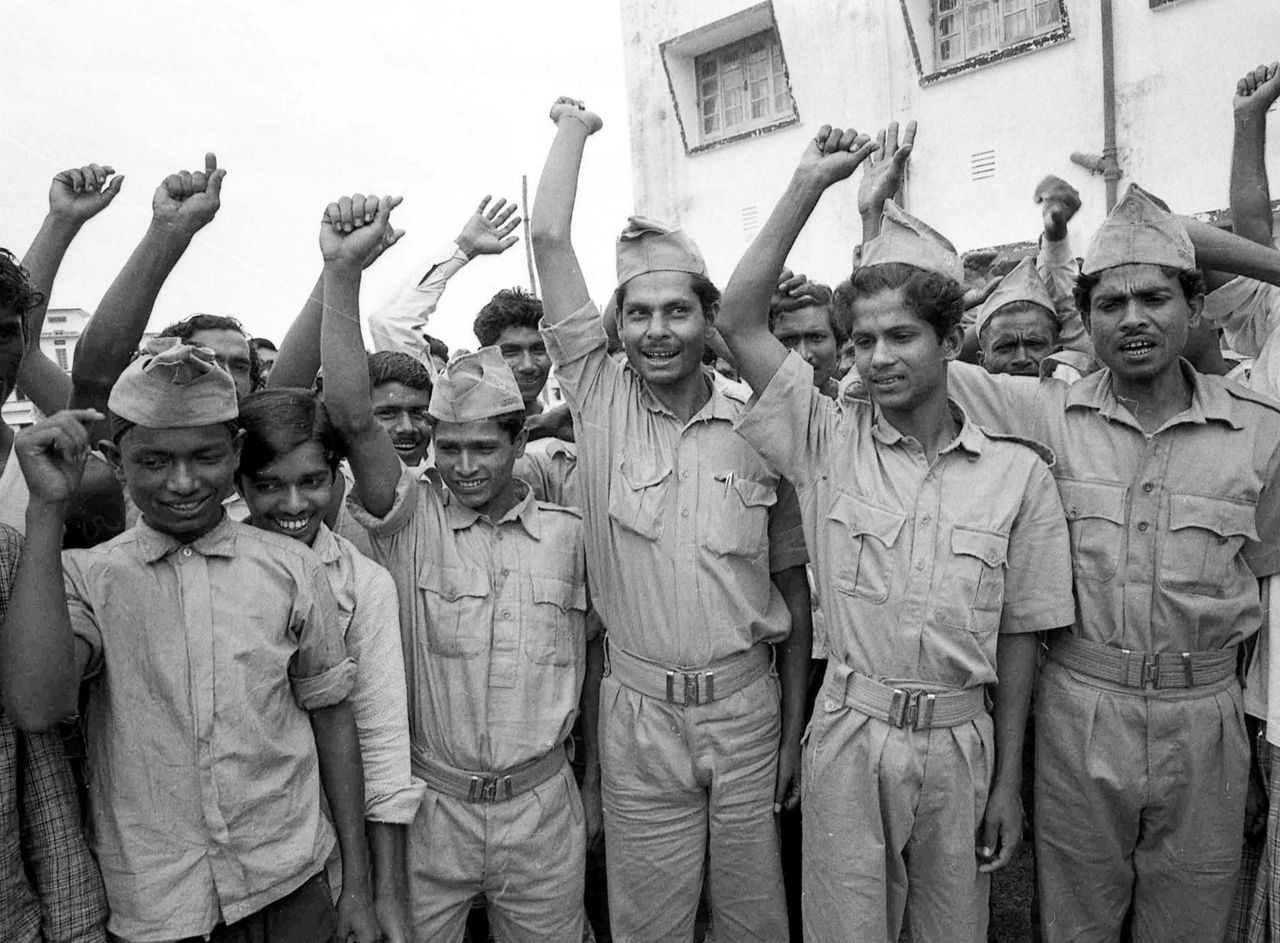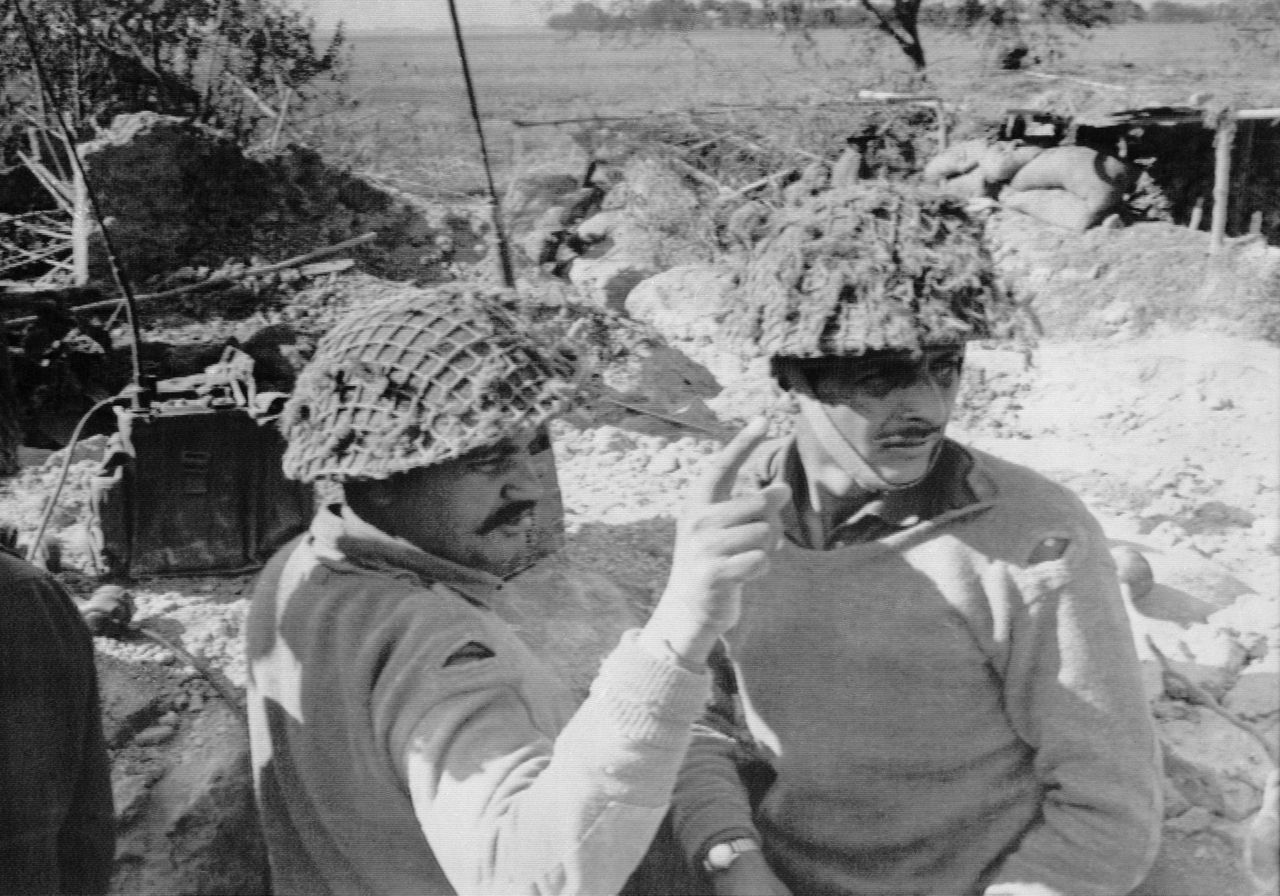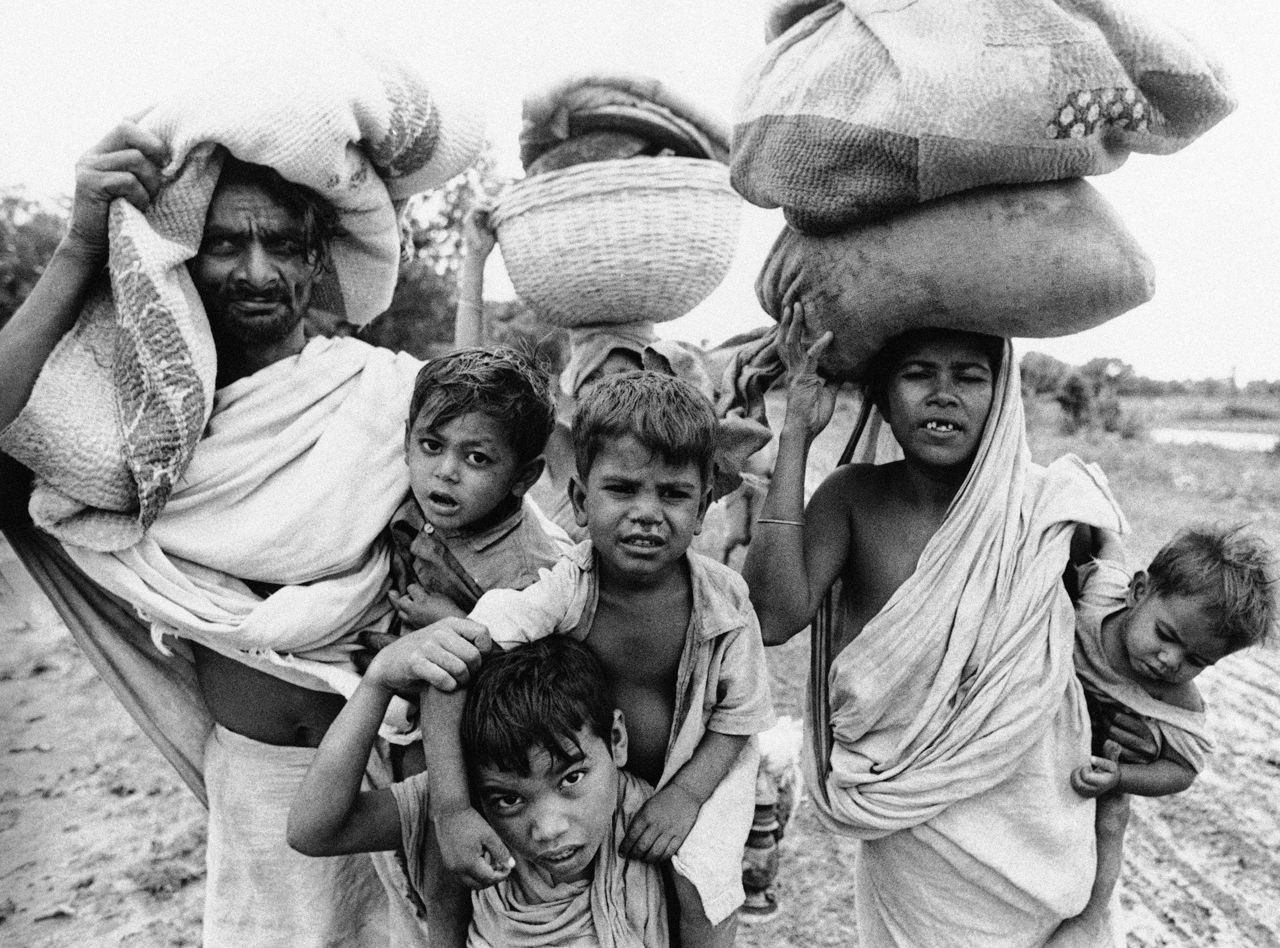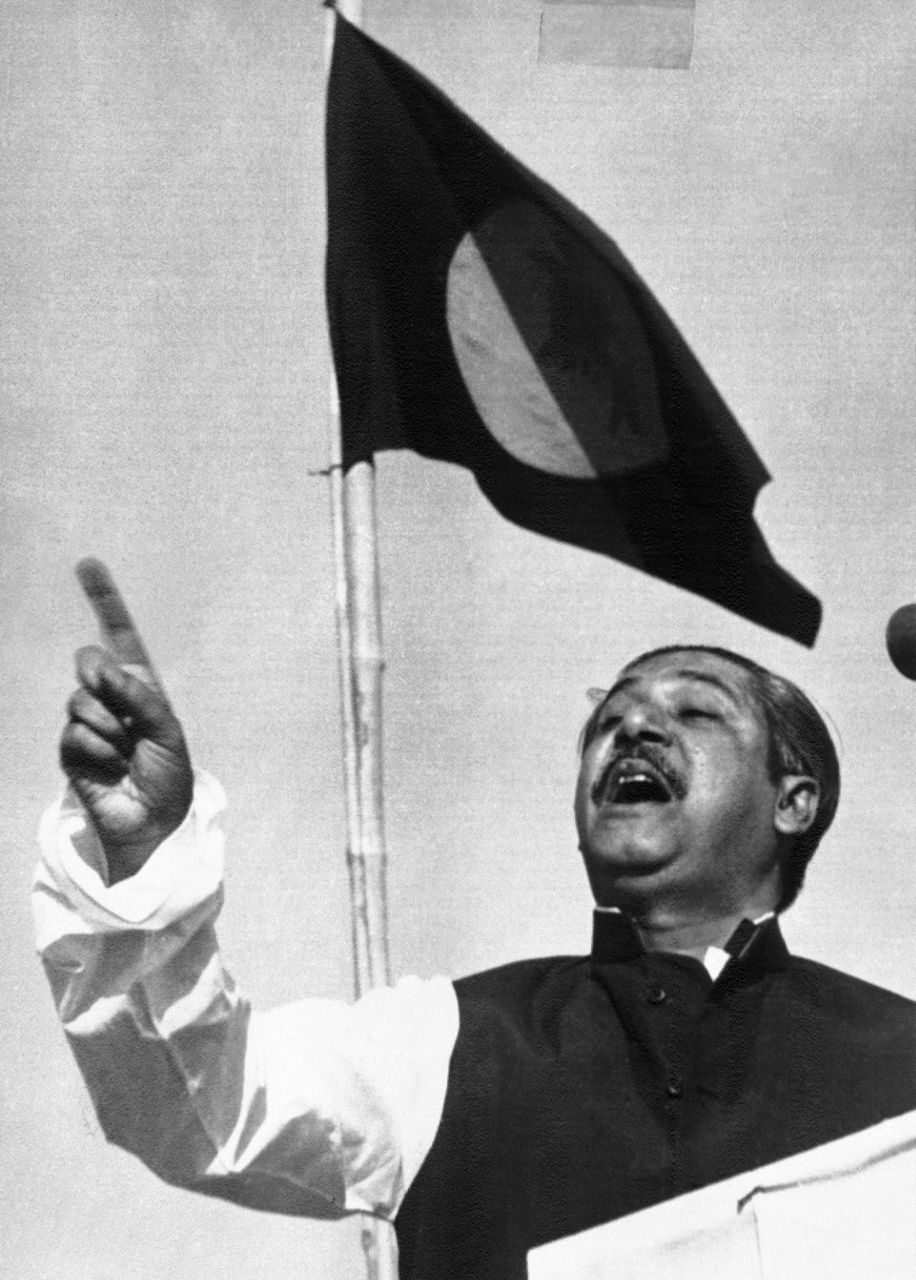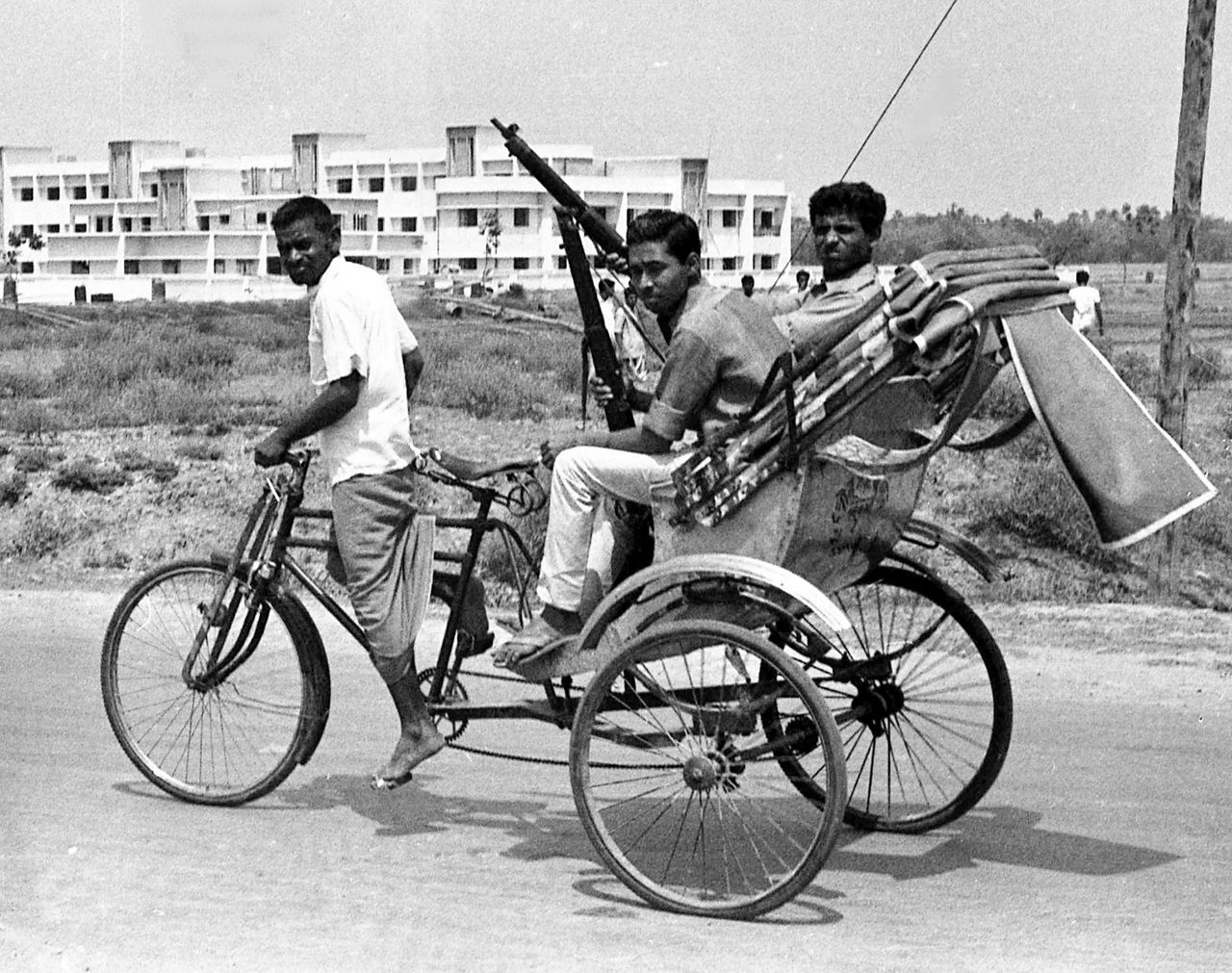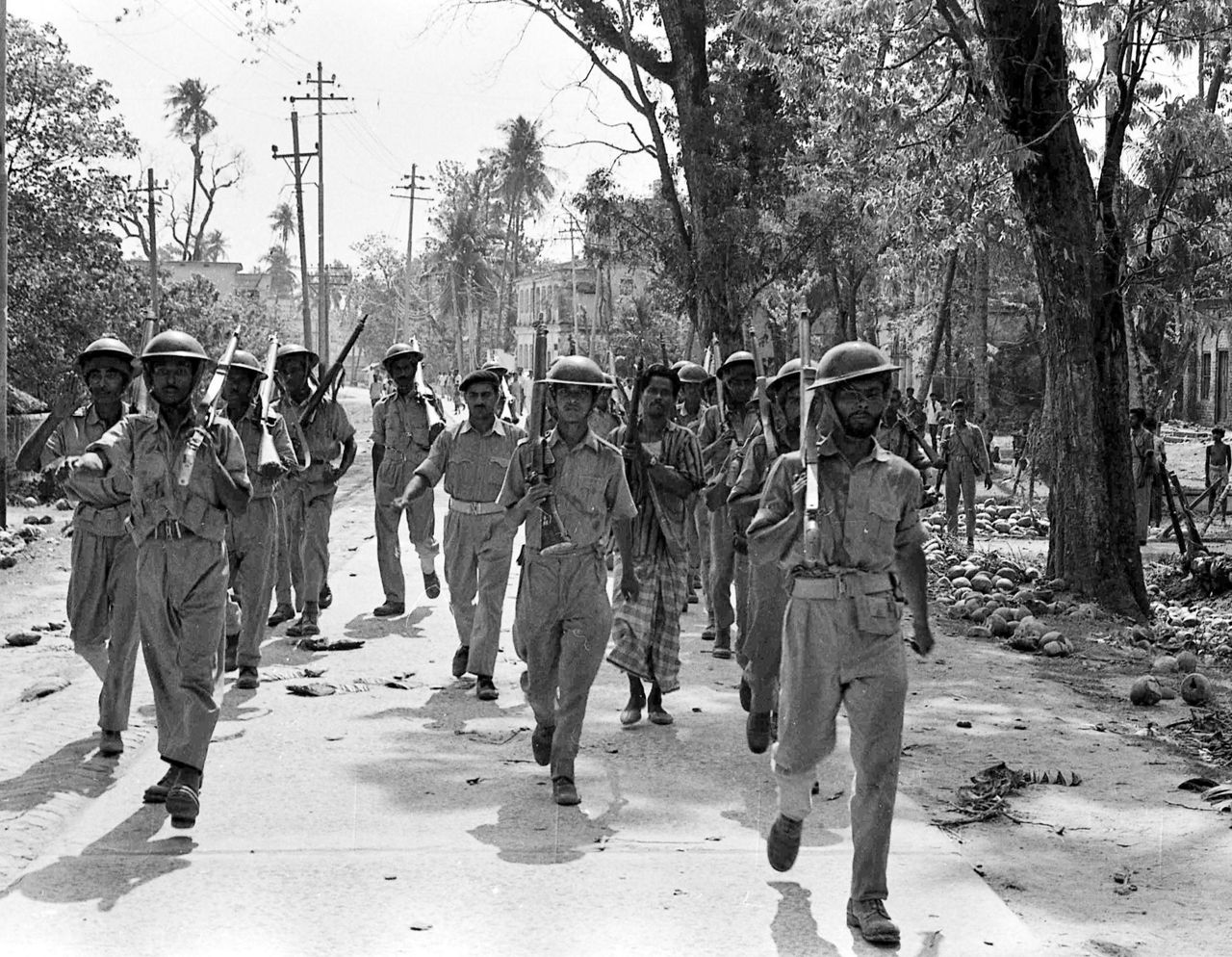DHAKA, Bangladesh (AP) — It was 50 years ago on the night of March 25, 1971, that Pakistan's military launched a violent crackdown on the city of Dhaka, then part of East Pakistan, to quell a rising nationalist movement seeking independence for what is today known as Bangladesh.
Soldiers stormed the dormitories of students and teachers at Dhaka University, dragging them out and blindfolding them before killing them. Elsewhere in the city, soldiers attacked a police barracks and shot civilians on the streets.
Just hours later amid the violence and chaos — early on March 26 — the Bengali nationalist politician Sheikh Mujibur Rahman declared independence for Bangladesh, sparking a nine-month war.
The fight for independence can be traced back Britain's colonial rule of the Indian subcontinent and the new nations that were carved out after its end in 1947. There was India and Pakistan, the latter split into West Pakistan and East Pakistan.
While most in West Pakistan and East Pakistan shared a common religion — Islam — there were key differences, including language, with Bengali being widely spoken in East Pakistan and Urdu in West Pakistan. That became a point of tension in East Pakistan as the West's Urdu-speaking elite rose to power.
For years, hostilities and strikes dominated East Pakistan as calls for independence grew louder. A watershed moment occurred in 1970, when Rahman's Awami League swept the polls in a national election. The military rejected the results, leading to a civil disobedience movement and more calls for independence.
The military responded with Operation Searchlight, the crackdown launched that March night in 1971.
The war would rage until December, when India joined on the side of Bangladesh. Finally on Dec. 16, 1971, Pakistan forces surrendered and Bangladesh celebrated its freedom.
Copyright 2021 The Associated Press. All rights reserved. This material may not be published, broadcast, rewritten or redistributed without permission.



